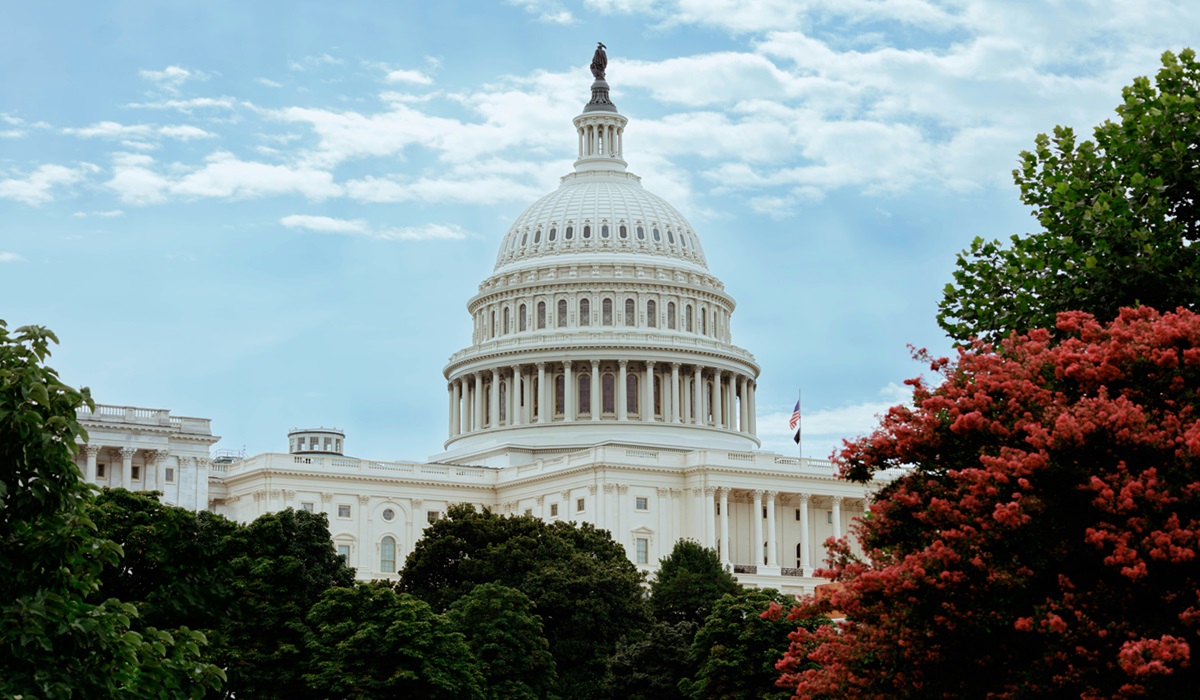The Case for Meritocracy in Government: A Path to Efficiency and Effectiveness
- Ingrid Jones
- Trending
- December 12, 2024

Image Credit, Connor Gan
Meritocracy, the principle of selecting and promoting individuals based on their abilities and achievements, is a fundamental concept for a just and efficient society. Nowhere is this principle more vital than in government, where decisions made by civil servants can significantly impact the lives of countless individuals.
Unfortunately, in many countries, the reality of government hiring and promotion deviates from this ideal. Nepotism, cronyism, and political patronage often lead to the appointment of individuals who may not be the most qualified or competent. This can result in various problems, including inefficiency, corruption, and a decline in public trust in government institutions.
In contrast, a truly meritocratic government would prioritize the selection and promotion of civil servants based on a rigorous evaluation of their skills, knowledge, and experience. This approach would ensure that the most talented and dedicated individuals occupy positions of responsibility, leading to a more efficient and effective government.
A meritocratic government offers numerous benefits. Firstly, it improves decision-making. When decisions are made by individuals who are experts in their fields, they are more likely to be well-informed, rational, and evidence-based. This leads to better outcomes for the public. Secondly, it increases efficiency. A meritocratic government is more likely to be efficient, as qualified individuals can identify and implement effective solutions to problems. This saves taxpayer money and improves the delivery of public services. Thirdly, it reduces corruption. When hiring and promotion are based on merit, it becomes less likely for individuals to use their positions for personal gain, reducing corruption and ensuring that government resources are used for the public good. Lastly, it enhances public trust. A government perceived as fair and transparent is more likely to enjoy the trust and confidence of the public, making it easier to implement policies and reforms.
Implementing a truly meritocratic system is undoubtedly challenging. It requires a strong commitment to transparency, accountability, and fairness. Robust systems for evaluating the performance of civil servants and holding them accountable for their actions are also essential.
However, the potential benefits of a meritocratic government are substantial. By prioritizing merit over other factors, governments can significantly improve their efficiency, effectiveness, and public trust. This is a goal that all nations seeking to build a better future for their citizens should strive to achieve.
If meritocracy, a system that rewards individuals based on their abilities and achievements, is proven to be effective, why is it not universally adopted? What barriers prevent nations from implementing a governance model that prioritizes competence and excellence?
The pursuit of a meritocratic society is not merely a pragmatic choice, but a moral imperative. By recognizing and nurturing talent, we elevate the human condition and unlock the full potential of individuals and nations alike.








